Menu
Table of contents
Having completely lost myself in the subject matter, I asked myself: what impact can blockchain and NFTs have on SEO?
And a few of the questions that came to mind at the time, I want to share with you.
PS. I am not saying this is true or going to be true. Within our team the topic of blockchain and NFTs is very much alive and so we were talking about the impact of blockchain on SEO. This is purely a philosophical thought and a deep dive into the future.
So I won't go into the nitty gritty topics specifically either. I will mostly share our thoughts.
What is blockchain and what are NFTs?
If you landed on this article via Google, chances are you already have an idea of what blockchain is or what NFTs (non-fungible tokens) are. So much has already been written about both topics that I won't go into them too much in this article.
So herewith a very brief explanation of blockchain:
Blockchain is a kind of digital ledger that contains all transactions, deals and agreements in an encrypted and non-hackable way.
And here is a very brief explanation of NFTs: in the world of blockchain, it is often said to be about digital currencies like Bitcoin, but it is more than that. In this article, we will not go into all aspects and views on how to view blockchain. Opinions are divided on that as well.
A Bitcoin can be thought of as a digital currency. Each coin is the same and exchangeable for each other. When you give a Bitcoin and get it back, you don't know if it is the same one or a different one.
You can think of an NFT as a ticket to a soccer game that is in your name. Yes, the ticket has value. But it cannot be exchanged with your neighbor's ticket because it is in your name. But it can be sold by putting it in someone else's name.
You can also think of NFT as a kind of contract or certificate of authenticity that comes with an image, for example. This shows that you are the only real owner.
The influence of NFTs on text (plagiarism).
I just told you that that an NFT is a kind of contract or certificate of authenticity that allows you to prove that you are the owner of something.
And so that something can also be a text. Today it still happens every day. People "borrowing" texts from each other or using your text 90% as the basis for their own copy.
Currently, Google may be doing something about it. But if you don't do anything else about it yourself, then nothing will happen and the party will continue to do what they are doing.
If soon SEO is also based on blockchain, it will be possible to see immediately who owns a text and when you have no rights to use the text. In short, you will then never be able to benefit from the value of someone else's text. Or another page.
Today we already arrange that for example with a canonical, but that will soon be a thing of the past.
The influence of NFTs on images.
Of course, the story I just told you about NFTs, blockchain and text also applies to images. Sure, you'll soon be able to take a screenshot of an image, but without the NFT you'll never own it.
And so you cannot benefit from the value of those images either.
This is where royalty-free images come into play again. Because, of course, it is also possible that there will soon be images that can be used by anyone because that is what the contract says.
Royalties based on results (smart contracts)
The big advantage of NFT is that the contract can state that the original creator gets X percentage if an image is sold to someone else, for example. So this is incredibly interesting for content creators (photographers, digital artists, etc.).
I think van Gogh 's family is extremely jealous of this. After all, they won't make anything from it if the painting is sold. But that aside.
Either way, these percentages are called royalties.
Royalties can be obtained when an NFT is sold, but this would soon also be based on usage or on results.
And that last one, it's interesting for SEO. Because as a copywriter, you can agree that you get a royalty if your text ranks high. As an SEO specialist, you can agree to get royalties when you have a lot of number one positions, and as an online marketing agency, you can agree to get royalties based on results.
Monitor link building history with NFT'S
The value, history and authority of links we will soon be able to monitor/track with NFTs. Namely, through an NFT you can (show) that you are the owner of X number of backlinks, but also who the previous owner of the backlink was.
And you can also see what other websites they link to. This makes for much more openness, transparency, honesty and less black hat link building techniques.
If a link will soon have no NFT, it will have no value and therefore be of no use to you. The authority of your website will soon be guaranteed and made transparent by blockchain.
Knocking out the middle man
An important term within blockchain is decentralization. In other words, stripping out the middle man. And within SEO / marketing, who is the middle man?
That may be:
- The search engines (Google, Bing, etc.).
- The data tools (Hotjar, Google Analytics)
- The advertising platforms (Google Ads, Display network, etc.)
- The SEO tools (KWFinder, SEMrush, etc.)
And what will that mean for you? I dare not say, but the impact will be huge. Because suppose that soon there is no more Google, but the findability of your website is based on a decentralized platform.
There is no big bad wolf (Google) determining who ranks high and who does not. It will all be a truly fair battle. With an open battlefield.
This will mean that SEO will become much more technical and there will be lots of little ecosystems where people will compete with each other. Think about the different niches, but also countries among themselves.
Keyword analysis gets better with blockchain technology
If we assume that the middle man does not exist in the future, that means that all data will also be available to all of us. There will be no Google, KWFinder or SEMrush that shows how often a search term is searched.
In fact, it will soon be possible to see exactly how often a term is actually searched for, because that information is in the blockchain. So this means that doing a keyword analysis is also going to be drastically different.
And now what?
Does this mean you have to do everything differently tomorrow? No, absolutely not.
After all, this is not something that is going to be different tomorrow, but something that could be completely different in 5 or 10 years. So my advice is to start keeping an eye on developments, because blockchain and NFTs are the future.
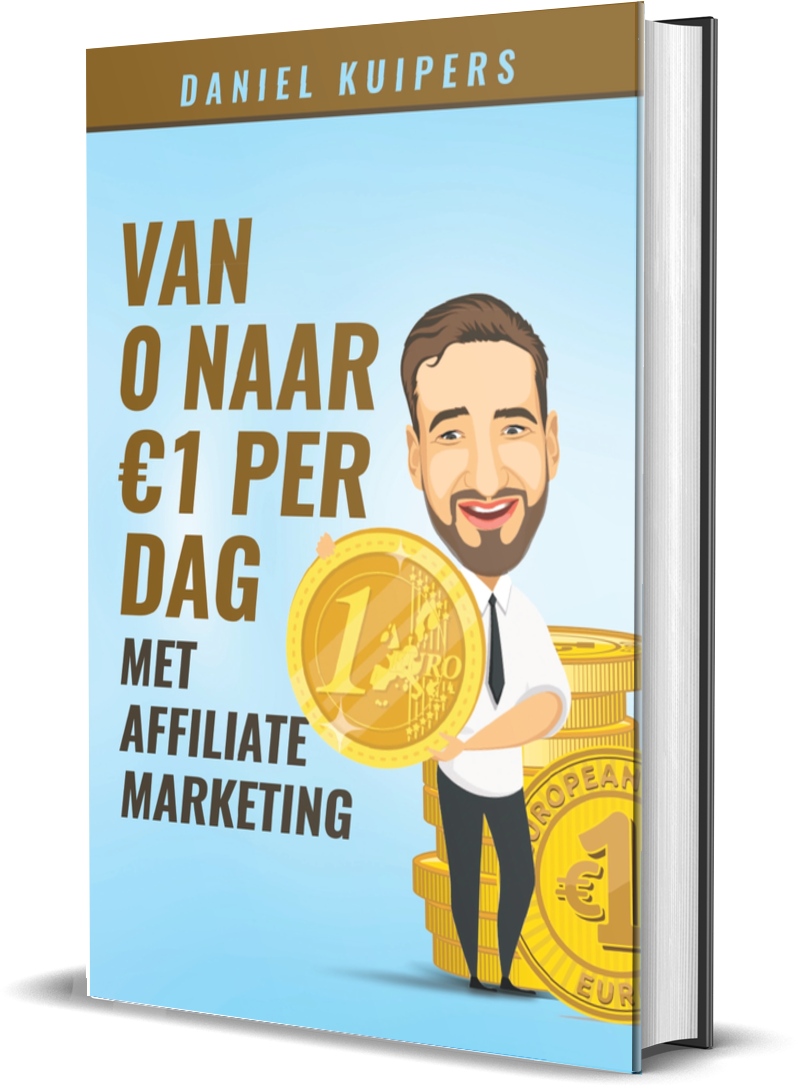



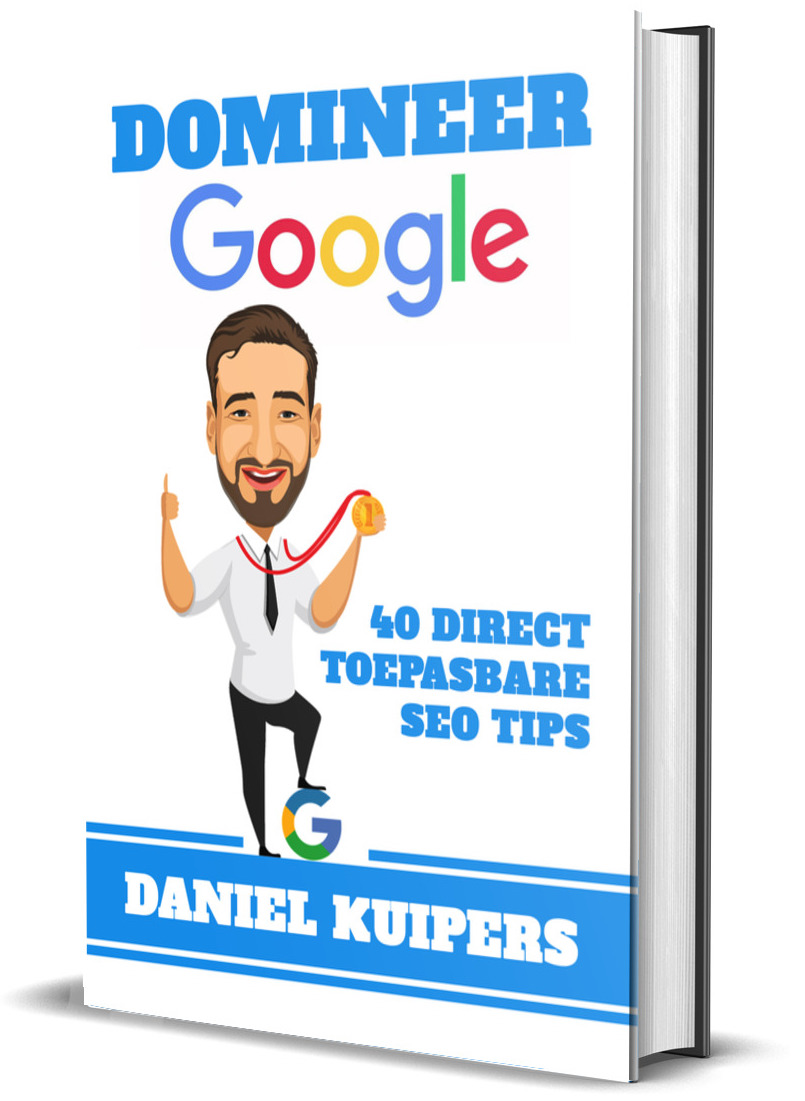


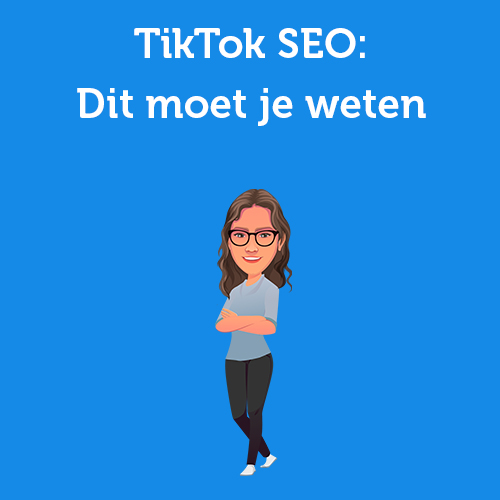
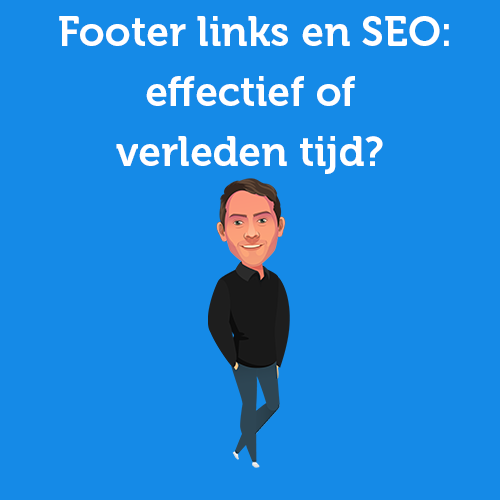
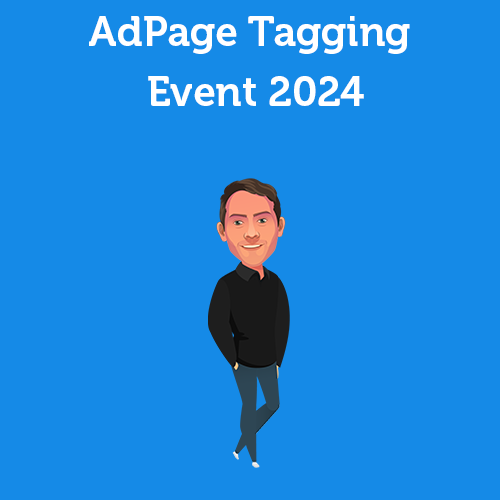
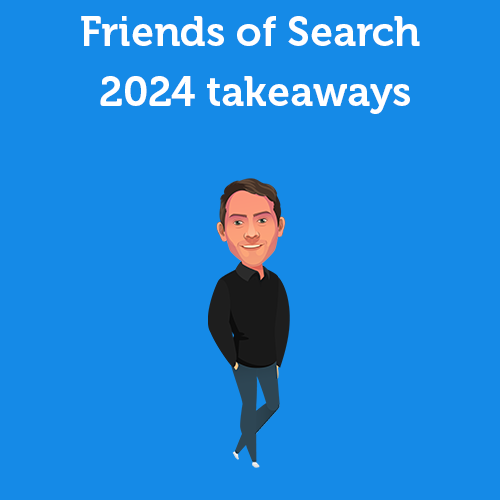
Written by: Daniel Kuipers
Daniel is the founder of Online Marketing Agency. He constantly scours the Internet for the latest gadgets and tactics and blogs about them in understandable language. Well, sometimes.